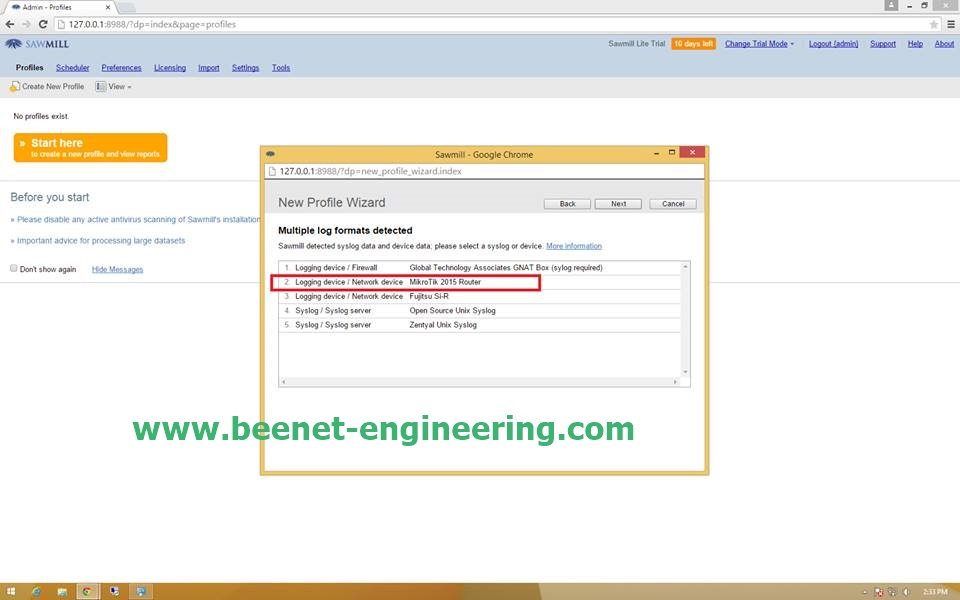

New Queue Graphing Rule window will appear.
#MIKROTIK COPY LOG FROM MEMORY PLUS#
#MIKROTIK COPY LOG FROM MEMORY HOW TO#
The following steps will show you how to create Queue Rules in your MikroTik Graphing. Creating Queue Rules to Record Queue TrafficĬreating Queue Rules, you can view any simple queue traffic graphically and you can also send this graph link to your customer for his inspection. Similarly, you can create as many Interface Rules as you want and can view traffics graphically. If you don’t provide any specific IP Address, all IP Addresses will be able to view this interface graphs.įirst Interface Rule for Graphing has been completed.


Login to your MikroTik Router and go to Tools > Graphing menu item.The following steps will show you how to create Interface Rules in MikroTik Graphing. Interface Rule is responsible to record and display interface traffics graphically. Creating Interface Rules to Record Interface Traffic The following sections will show how to create interface, queue and resource rules in your MikroTik Graphing. So, in Graphing we need to configure Interface Rules, Queue Rules and Resource Rules which will record traffic and resource data and display graphs in winbox or web interface. traffic which is passed through simple queues and.traffic which is passed through interfaces,.MikroTik Graphing is able to display graphs for MikroTik Graphing Configuration to Record Bandwidth and Resource Usageīefore getting MikroTik bandwidth and resource usage graphs available in winbox or web interface, we have to configure MikroTik Graphing first. In this article, I will explain how to configure MikroTik Graphing for recording MikroTik bandwidth and resource usage information and displaying recorded information in an easy to read graph through Winbox or the web interface. But before getting these graphs available in your Winbox or web interface, you must first configure MikroTik Graphing properly.

MikroTik Graphing method first records bandwidth or resource usage information on memory or on the device’s storage with a time basis and then displays this information in an easy to read graph that can be printed or the web link can be given to a client for his or her own inspect ion. MikroTik Graphing can be used to display graphics for traffic which is passed through interfaces and simple queues as well as for resource usage (CPU, RAM and Disk usage). If you feel boring hearing this question and want to establish a system where your customer will be able to inspect his bandwidth usage, MikroTik Graphing is your best friend. This question may arise either from your customer or from your owner if you are an employee of any organization. “Am I getting my committed bandwidth?” is a common question to any network administrator.


 0 kommentar(er)
0 kommentar(er)
